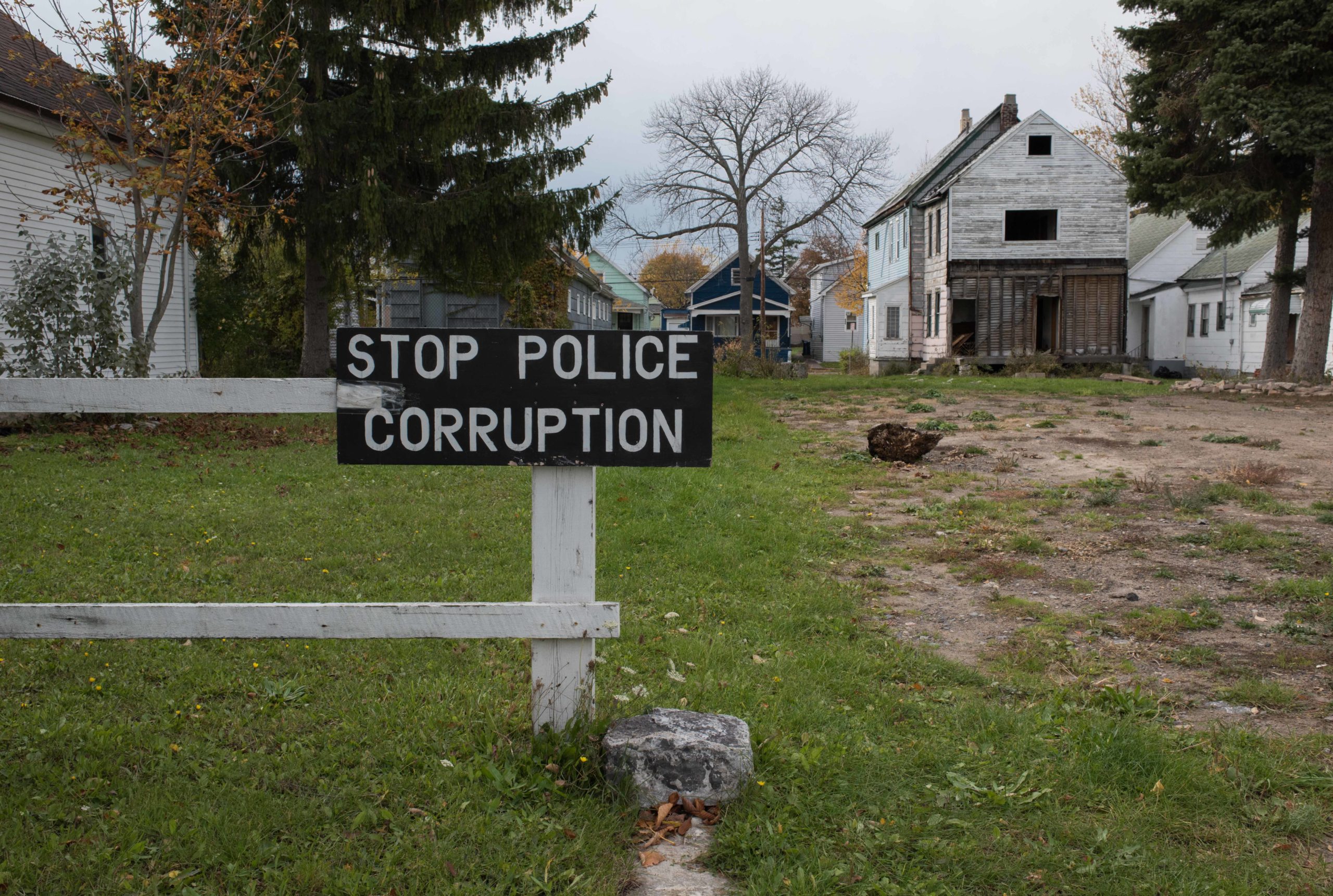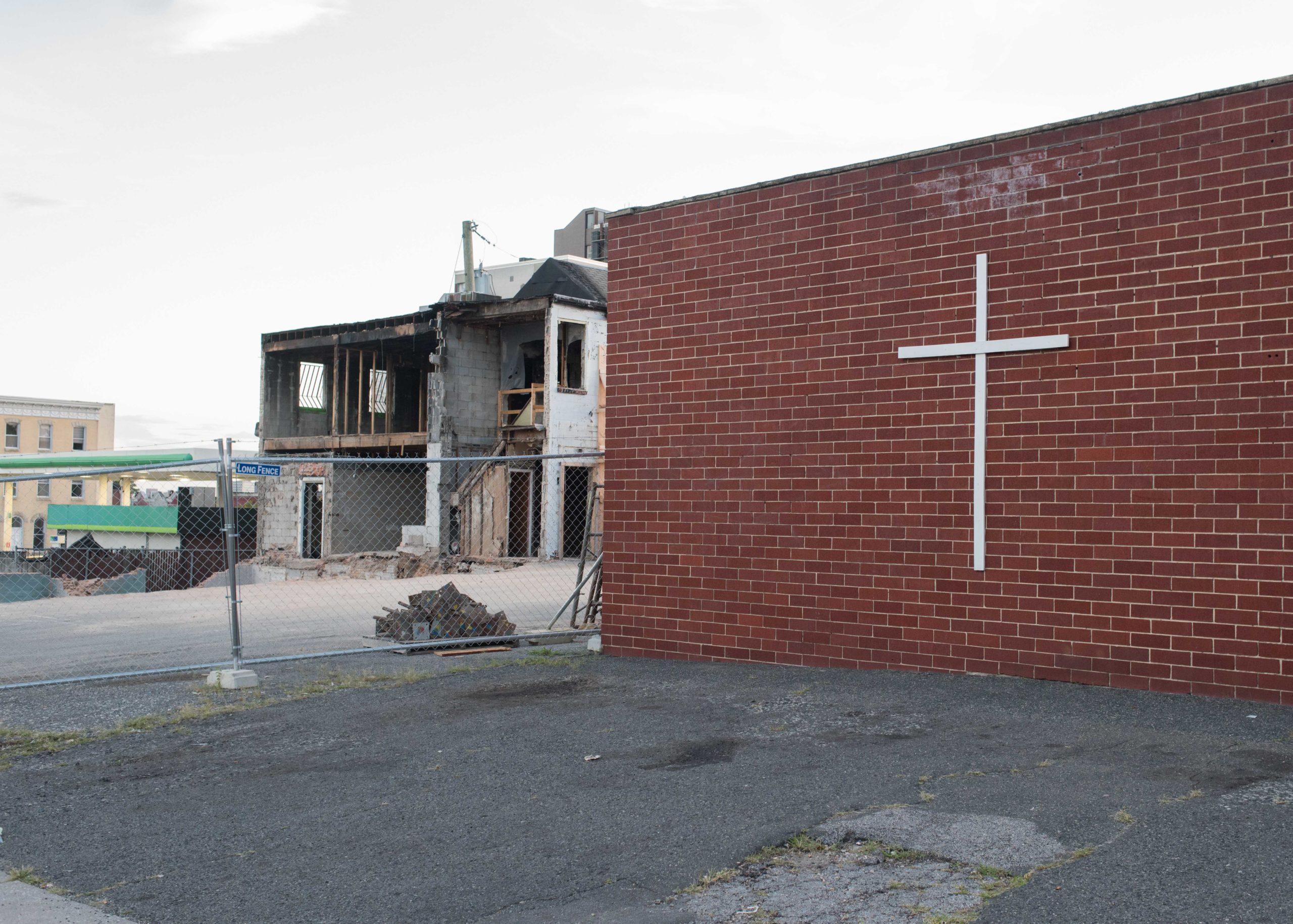

RECOMMENDED READING
In physics, to reveal deeper truths, you slam particles together to expose their inner structure.
The pandemic has been like that, slamming different parts of the country together, revealing it to be deeply divided by geography, race, education, and wealth. It is hard to imagine it once fit together or will ever fit together again.
Rural residents are frustrated with urban residents, who in their minds, unleashed the crisis with needless global travel only to then spend it holed up in apartments getting paid to write scolding essays while they are not allowed to work.
In cities, the well-to-do are angry at the hicks and their “just the flu” mantra. Meanwhile, the poor, only a few neighborhoods away, are angry at the well-to-do, who tweet #AloneTogether from book-lined rooms, while they crowd into fourth-floor walkups with one bathroom, a bible, and dreams of not having to go to the Laundromat.
At every income level, entrepreneurs, bearing the brunt of the economic lockdown, are mad at the risk averse, for wanting to lock down forever: The hair dresser who can’t work is mad at the neighbor on disability, the bar owner at the bureaucrats with their weekly check, and the CEOs of troubled companies at academics happily Zooming away from home.
Meanwhile the working class, mostly blacks and latinos, have died in numbers that should be the national disgrace. But that has been drowned out by everyone else complaining about lesser problems.
These divisions have collided for months, playing out on TVs, computers, and over radios, all while people sat confined, confused, and nervous in their homes. Or as they worked jobs putting them at stupidly high risks, with only a momentary hero’s tag as thanks.
It all eroded what little remained of a social contract shredded by decades of selfish policy and four years of political fighting. #AloneTogether is still being pushed in ads for candy or insurance, and by celebrities, but it is a laughable meme, a reminder of the cluelessness of the credentialed class. The new, “This is your brain on drugs” that 90s teenagers said before taking a big blunt hit.
That erosion of confidence and trust of authorities amplified as it cascaded down the hierarchy of the screwed, flooding those towards the bottom with a justified cynicism. One of the those groups — younger working-class blacks — already confined, frustrated, and bored, exploded. They didn’t need much of a trigger, but they got far more than they needed.
A video of a black man murdered by cops played endlessly over TVs and computers. A person they all knew, not him exactly, but pretty much him, being mistreated to death by the police.
Sick of being over-regulated, over-policed, and on the short end of an absurdly unfair system, they took to the streets. Fuck everything and anything.
The “I am tired of playing by your rules” energy that flipped enough back row whites to make Trump President, reached critical level with back row minorities. Without a candidate to channel their anger, they protested, then rioted, and then looted. How much of each became another source of disagreement and anger among everyone.

This begat another cycle of division. My phone lit up with texts from both my Upper West Side Banker friends, saying stuff like, “I am out of this city for good. de Blasio is letting anarchy rule.”, and friends in the Bronx saying, “Fordham Road just got torn up while someone blasted Purge theme LOL Bronx got issues” or “I’m going to loot my ass off.”
Joining the first wave of blacks was various educated whites — mostly younger — who saw their chance to rage against the machine. But safely and with a properly vetted and approved morality on their side. While the blacks had centuries of awful wrongs to channel, the whites came with a newly concocted academic brand of empathy and moralizing.
After months of scolding the less educated for wanting to go to church, or funerals, or the beach, or lounge in an Ozarks pool, they had a green light from their educated and credentialed superiors. Go forth and make history! A history they dearly hope to feature in, but would certainly write and edit.
They had a Principal-issued hall pass to go hang with their friends. Instagram influencers, celebrities, and massive corporations took up the new brand, with Black Lives Matter soon being co-opted by them into a get out of privilege free card that many desperately wanted. How can we be a predatory monopoly when the Black Lives Matter logo is on our front page?
The pandemic is far from over, the epidemic level deaths are going to continue, especially among the elderly and poor. Yet it has been decided by almost everyone that we are done with the #AloneTogether phase. Everyone is tired and sick of everyone else. Everyone is done listening to anyone tell them what to do, or what they should do, or why they should do it.
Certainly everyone is sick of those at the very top telling them what to do. The highly credentialed, whose smug certainty never ebbed during the pandemic, despite doling out one inconsistent proclamation and toothless platitude after another, have lost a level of trust that will be hard to win back. They got it so wrong so often, with such awful consequences, that it has been impossible to ignore. Perhaps globbing onto Black Lives Matter will save them.
In physics, after colliding, the bits of particles sometimes regroup into something else. It is hard to imagine that happening here. What or who can we all possibly rally around, or share together as a nation, after so much has been made raw and visible. The social contract, whatever that is, is gone, replaced by a simmering skepticism and cynicism.
The other option is after the collision the resulting bits decay into more and more smaller bits, until there is really nothing left to see. Just energy dissipated into the vacuum. Or screams into the void. That seems the more likely metaphor.
Recommended Reading
Servants No Longer
American Compass policy director Chris Griswold explores the relationship between worker power and the roots of civic friendship.
The Relationships That Don’t Fit on a Spreadsheet
There is no price tag that could be placed on those cherished times. Do our nation’s think tanks consider those moments when devising policy?
When Farmers Are Not Farmers and Shepherds Are Not Shepherds
For too long we have let memories we cherish—of farms and farmers, of homesteads and pioneers, of cowboys on the range and Native Americans hunting the great herds—disguise how much we have lost and abandoned.












